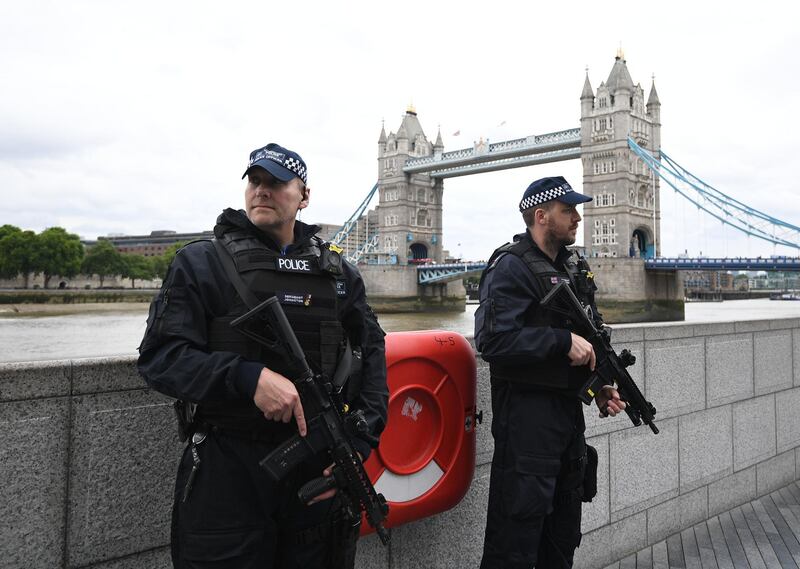Britain’s domestic intelligence service MI5 has been stretched by threats from terrorists, hostile states, cyber criminals and organised crime, the country’s security minister warned on Sunday.
Ben Wallace, the government’s head of the spy network, said there were currently 600 “live” investigations and called for more funding for the agency.
The minister, who was appointed to the role in 2016, told the Mail on Sunday that the world was a “much more dangerous” place now than when he took office.
He said acts like the poisoning of a former Russian double agent and his daughter in Salisbury last year were not “one-offs” and were becoming more advanced.
While the majority of terror threats were from Islamic extremists such as ISIS and Al Qaeda, far-right neo-Nazi terrorists are growing in number, Mr Wallace said, and were adopting similar tactics.
“If we are going to carry on keeping people safe in the way we have been doing it compared to many countries, we’re going to need to invest. MI5 and the police are stretched, we are stretched because there are only so many hours in the day to deal with the growing threats such as neo-Nazi Right-wing extremism,” he told the newspaper.
“The change that has happened is that the far-Right have copied Islamic State (ISIS) – how to echo an event, often twisted, often inaccurate, to serve as a rallying cry for their cause.”
In March, the director general of MI5 Andrew Parker and the commissioner of London’s Metropolitan Police Cressida Dick said that they had foiled an increasing number of far-right terror plots.
Mr Wallace said it was the thought of “lone-wolf” extremists, which kept him awake at night.
In a warning to a government committee earlier this year, the minister said the internet had given individuals a way of connecting with other like-minded extremists.
He said: "Historically, in the past, they had no friends, they sat on their own, they couldn't talk to anyone else - now they live in a virtual safe space.
"They communicate through the internet ... sometimes we find them actually looking at ISIS terror manuals to learn how to make bombs - obviously for a different reason.”
"What’s worrying is the rapid growth of organised crime because of the things like smartphones and encryption. Their ability to organise better means that we have to invest to face that issue," he added.”







